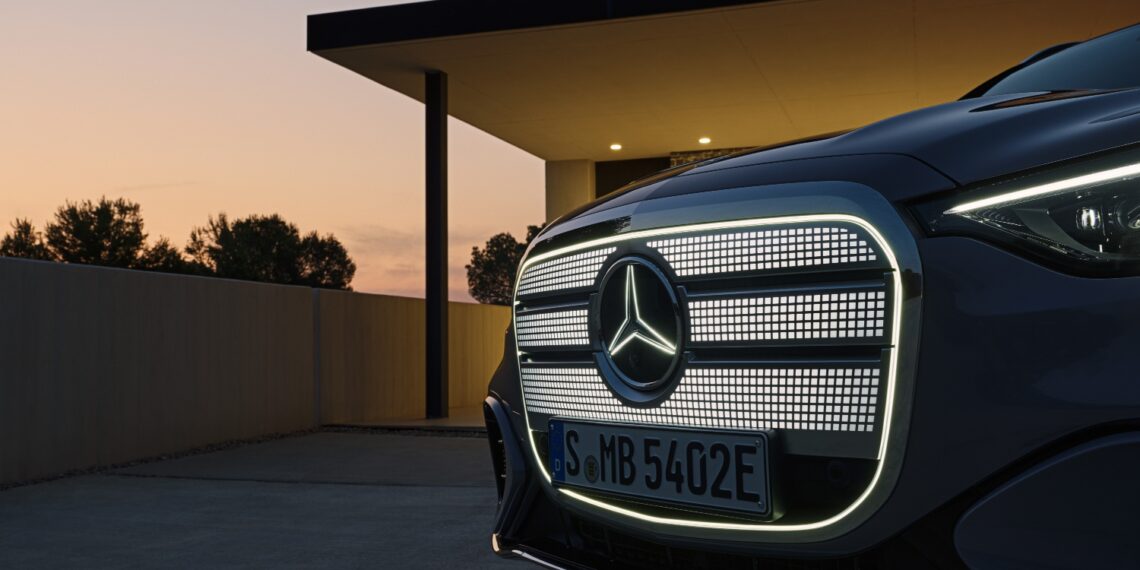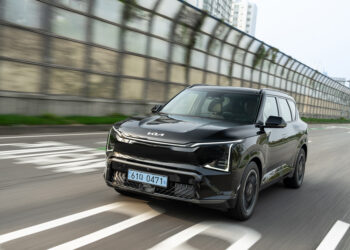Mercedes is using aluminum produced with renewable energy to manufacture the new CLA, in order to reduce CO2 emissions in the production of its new line of electric vehicles.
The low-carbon aluminum is developed in partnership with the Norwegian company Norsk Hydro, and is part of Mercedes’ broader strategy to decarbonize its operations.
According to “Reuters”, the new CLA is being produced with the new aluminum, which, according to the German automaker, allows for a 40% reduction in CO2 emissions compared to its non-electric predecessor.
The collaboration between Mercedes and Norsk Hydro is seen as an example of how premium consumer product manufacturers can pay more for raw materials in exchange for a more eco-friendly profile.
“It is clear that there are extra costs associated with using low-carbon steel or aluminum”, said Gunnar Guthenke, vice president of purchasing and supplier quality at Mercedes-Benz. “Sustainability and desirable products, like the ones we produce, go hand in hand”, he stated.
According to Norsk Hydro, the production of low-carbon aluminum for Mercedes represents about 3 kg of CO2 emissions per kilogram of aluminum, compared to the global average of 16.7 kg. In addition, its composition includes a quarter of aluminum scrap, which further reduces the volume of primary metal from the energy-intensive smelting process.









